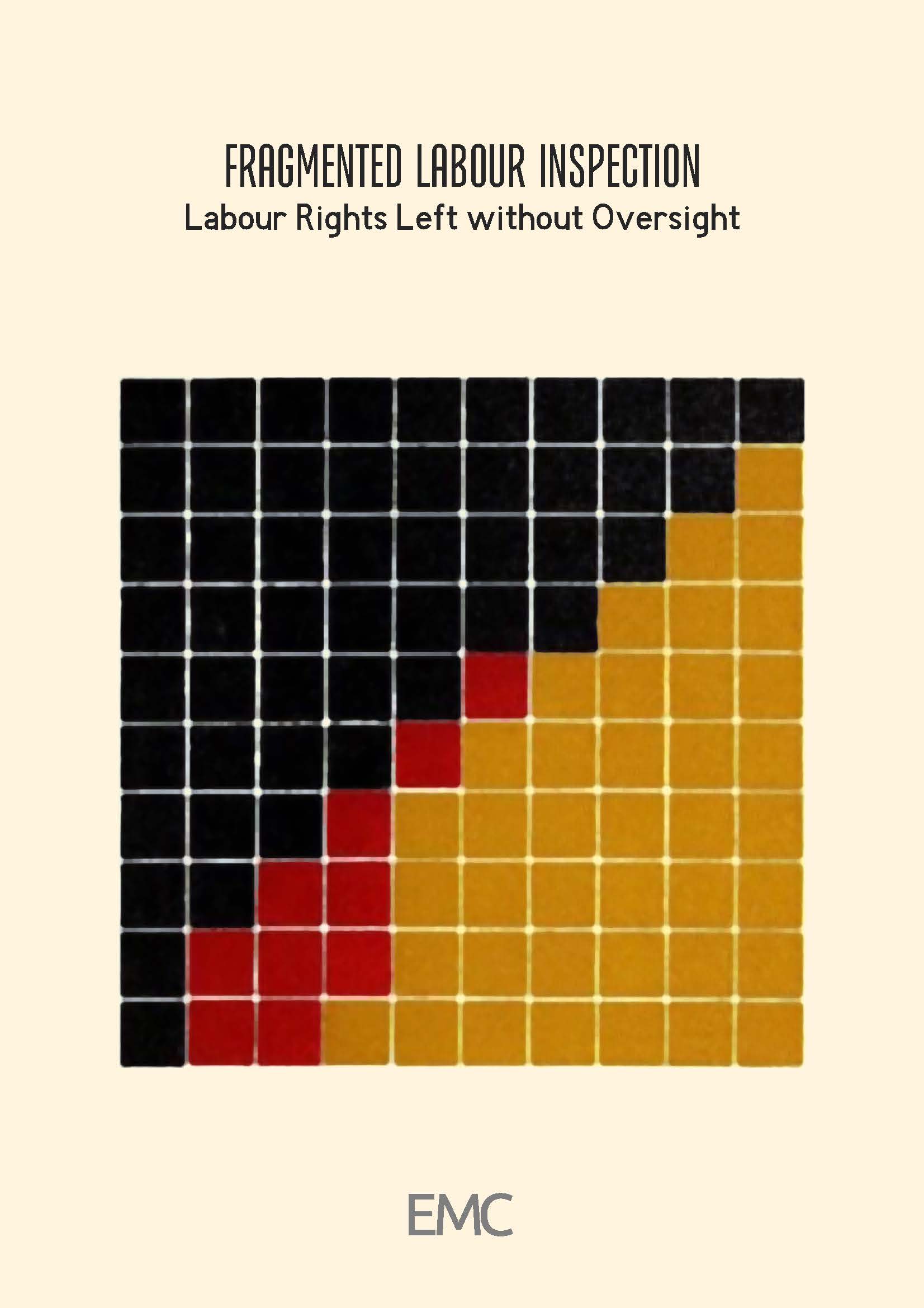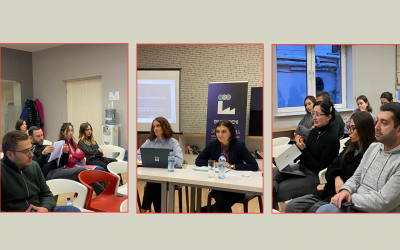In recent years, discussion in the political and media agenda on labour rights and occupational safety of persons employed in different sectors is gradually becoming more prioritized. Activation of these issues is mainly linked to crisis situations of labour policies. In recent years, the gravest example of such crisis situations was a large number of deceased and injured persons at the workplaces.
In 2019, compared to previous years, the number of persons deceased and injured at the workplace decreased, which presumably is due to the adoption of the Organic Law of Georgia on Occupational Health and Safety and expanded powers of the Labour Inspection Department for occupational safety oversight.
Since 2015, significant and necessary reforms were undertaken by the state in the sphere of labour policy, in particular, occupational safety. Creation of Labour Inspection in 2015, almost 10 years after the deregulation in labour policy and adoption of the law on Occupational Health and Safety in 2018 (since 2019 – Organic Law on Occupational Health and Safety), which created a significant legislative and institutional framework for realizing occupational safety of workers, has to be assessed positively. However, in parallel to the recognition of these positive changes, the number of reforms necessary for the effective operation of labour inspection department have to be noted.
Despite the fact, that throughout the recent years, there is some progress in the sphere of labour policy, this, unfortunately, does not presuppose its effectiveness for protection of workers’ rights. According to research projects undertaken in the recent period, a large segment of the society believes, that labour rights are the most regularly violated. According to the views held by the population, the most spread problems are inadequate wages (71%), breach of rules on occupational safety (64%), and on maximum working hours (57%), delayed salaries (42%), violations of paid leave (30%) and maternity leave (15%).
The current labour inspection model in Georgia is only focused on oversight of occupational safety and overlooks a number of other working conditions, non-observance of which often significantly reflects on the situation of workers. Narrow, technical definition of labour inspection in the legislation, which distinguishes directly connected issues such as working hours, remuneration of work etc. from occupational safety and virtually ignores them, makes the measures undertaken by the state in this direction ineffective and fragmented.
It has to be positively assessed that in April of 2020, the draft bill on a number of significant changes in the labour policy was presented to the Parliament, including the extension of labour inspection oversight functions to all provisions of the labour legislation and granting of the appropriate sanctioning power to the inspection agency starting from January 1, 2021.
The purpose of the present document is not to assess this legislative package, rather the document will discuss the effectiveness of the current labour inspection model in Georgia in view of workers’ needs, major challenges of workers’ rights, international obligations of Georgia and relevant best practices. The document will analyze the interrelation of occupational safety and workers’ rights and point to the need for equal attention to both for creating equal conditions for work with dignity. The document also reviews the core minimum international standards that effective labour inspection mechanism has to meet.
This publication was prepared individually by a member organization of the Fair Labor Platform and does not necessarily reflect the position of the Fair Labor Platform and/or its other members.



